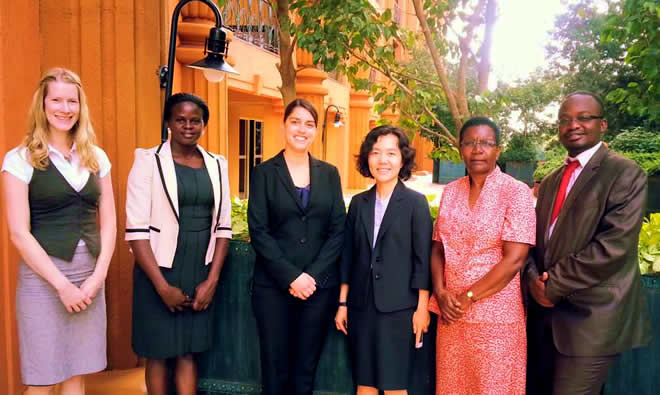
Uganda, like many other countries, is facing competing demands for time, human resources, and funding within the realm of nutrition programming. In order to address the diverse priorities named by the international agreements to which Uganda is a signatory (Scaling Up Nutrition (SUN), Millennium Development Goals (MDGs), World Food Summit), Ugandan policymakers are undertaking continual re-prioritization of activities to best address the current nutrition situation. The Uganda Nutrition Action Plan (UNAP), developed in 2011, is meant to provide a framework for prioritization, coordinate actors, and marshal resources to support the reduction of undernutrition. SPRING’s "Pathways to Better Nutrition" prospective case study series, which kicked off this November with interviews in Kampala, is following influential Ugandans from six key groups (government, donors, civil society organizations, private sector, academia, and United Nations representatives) to determine what information is used by these key informants to prioritize actions and define timing of implementation, how they decide on funding requests, and how budget managers determine actual funding disbursements. This recent trip focused on national level stakeholders, but in the new year, SPRING will return to interview in two "early riser" districts. Data collection at the national and district levels will continue through the next two years. The learning from this exercise will provide recommendations, success stories, and potentially decisionmaking guidance, not just to Ugandan stakeholders, but also to other countries embarking on national plan implementation.